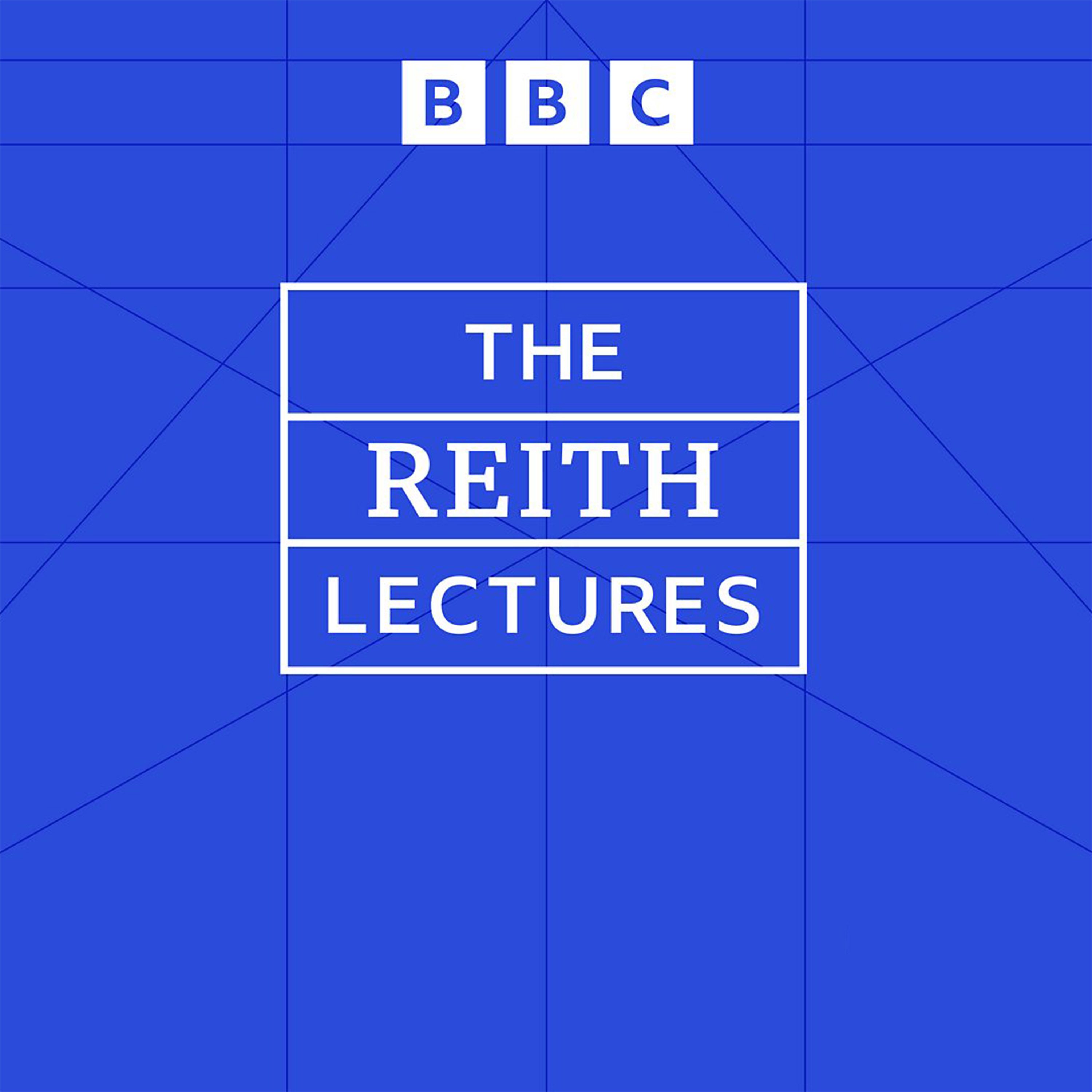

The Reith Lectures
BBC Radio 4
Significant international thinkers deliver the BBC's flagship annual lecture series
Episodes
Mentioned books

Nov 28, 1984 • 30min
Walk to Patagonia
In his fourth Reith Lecture from his series 'Minds, Brains and Science', John Searle, Professor of Philosophy at the University of California, Berkeley, analyses the structure of human actions. In this lecture entitled 'Walk to Patagonia', Professor Searle draws together the mental and physical aspects to show how our mental activities can produce our behaviour. Can our ability to choose our movements be what separates us from machines? Professor Searle seeks to show how the structure of an action relates to the explanation of it.

Nov 21, 1984 • 30min
Grandmother Knew Best
In the third Reith Lecture from his series 'Minds, Brains and Science', John Searle, Professor of Philosophy at the University of California, Berkeley, explores the discipline of cognitive science.In this lecture entitled 'Grandmother Knew Best', Professor John Searle investigates how and why scientists are developing the field of cognitive science. Exploring how the human brain processes information in order to do the action of thinking, John Searle links back to his previous lectures to debate the differences between human thought and computerised artificial intelligence.

Nov 14, 1984 • 30min
Beer Cans & Meat Machines
In the second Reith Lecture of his series 'Minds, Brains and Science', John Searle, Professor of Philosophy at the University of California, Berkeley, considers artificial intelligence. He debates whether scientists could create a digital computer which has its own thoughts.In this lecture entitled 'Beer Cans and Meat Machines', Professor Searle compares the relationship of the mind and the brain to that of computer programme software to computer hardware. But can a man-made machine ever think like a human?

Nov 7, 1984 • 30min
A Froth on Reality
In the first Reith Lecture of his series 'Minds, Brains and Science', John Searle, Professor of Philosophy at the University of California, Berkeley, examines the so-called 'mind body problem'. Searle uses this paradox of the conscious mind verses the scientific brain to explore our understanding of the world.In this lecture entitled 'A Froth on Reality', Professor Searle considers how humans think of themselves as cognisant, free, rational beings but science tells us we are a chance occurrence, created in a world that consists entirely of mindless physical particles. From this viewpoint Professor Searle explores the question how can an essentially meaningless world contain meaning?

Dec 14, 1983 • 29min
Participation - the Sole Bond
Former Permanent Secretary to HM Treasury, Sir Douglas Wass explores the concept of authority in his series 'Government and the Governed'.In his final lecture entitled 'Participation - the Sole Bond', Sir Douglas Wass concludes his discussion about responsive and effective governments with a suggestion for a single, permanent and more autonomous Royal Commission. He argues that this would be one way to promote a more open, participatory democracy.

Dec 7, 1983 • 30min
Opening Up Government.
Former Permanent Secretary to HM Treasury, Sir Douglas Wass explores the concept of authority in his series 'Government and the Governed'.In his fifth Lecture entitled 'Opening Up Government', Sir Douglas Wass discusses the need for, and the problems contingent on, greater public access to information affecting government decisions. He asks why there is a gap between the public and its representatives and questions the differences in perception of where public interest lies.

Nov 30, 1983 • 29min
Critical Opposition - Part of the Policy
Former Permanent Secretary to HM Treasury, Sir Douglas Wass explores the concept of authority in his series 'Government and the Governed'.In his fourth Reith Lecture entitled 'Critical Opposition - Part of the Policy', Sir Douglas Wass asks how effective Parliament is at exercising today the functions of supervision and control which the 17th-century reformers allotted to it.

Nov 23, 1983 • 29min
The Privileged Adviser
Former Permanent Secretary to HM Treasury, Sir Douglas Wass explores the concept of authority in his series 'Government and the Governed'. In his third Reith Lecture entitled 'The Privileged Adviser', Sir Douglas Wass explores the role of British Civil Servants. By tradition they should be neutral in their political philosophy, offer impartial advice to their political chiefs and pursue policies with energy, even when they disagree with them. In reality their definition is not so clear-cut; Ministers and civil servants often are in partnership and can only work together if there is mutual trust. That trust has now been questioned and Sir Wass asks which Civil Service reforms would strengthen it and which would weaken it.

Nov 16, 1983 • 30min
Cabinet: Directorate or Directory?
In his second Reith Lecture entitled 'Cabinet: Directorate or Directory?', Sir Douglas Wass dissects the composition of the British Parliamentary Cabinet to answer the questions; how well does it do its job? And could it be more effective? Sir Wass analyses that the British Cabinet is filled with high ranking parliamentary ministers who very rarely function as a collective group. He claims this is because each have their own proposals that they wish to promote and so they work as a group of individuals rather than a community of decision makers with a collective responsibility. He explains how this often can lead to stagnation and an abstraction of policy that cannot be put into practice. How can we increase cohesion in the Cabinet?

Nov 9, 1983 • 30min
United Thoughts & Counsels
Former Permanent Secretary to HM Treasury, Sir Douglas Wass explores the concept of authority in his series 'Government and the Governed'. In his first Reith Lecture entitled 'United Thoughts and Counsels', Sir Douglas Wass discusses what we mean by 'government'. Are we referring to the system, to the component parts of the political and administrative machinery? Or do we mean the policies which governments try to follow? He questions whether it is right to equate good government with prosperity and bad government with poverty.


